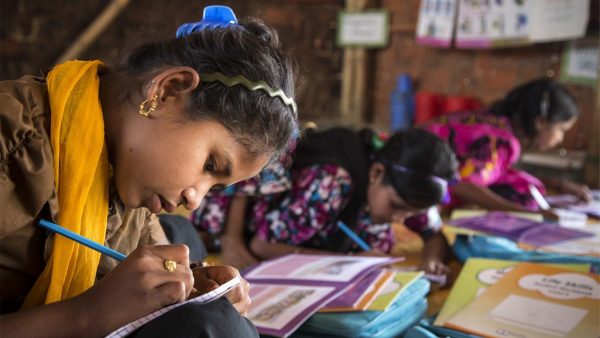Posted inNews
India gets a New Education Policy after 34 years
The Central Ministry on July 29 gave its approval to the National Education Policy 2020. As per the new development under NEP, the Human Resource Development Ministry has been renamed…
